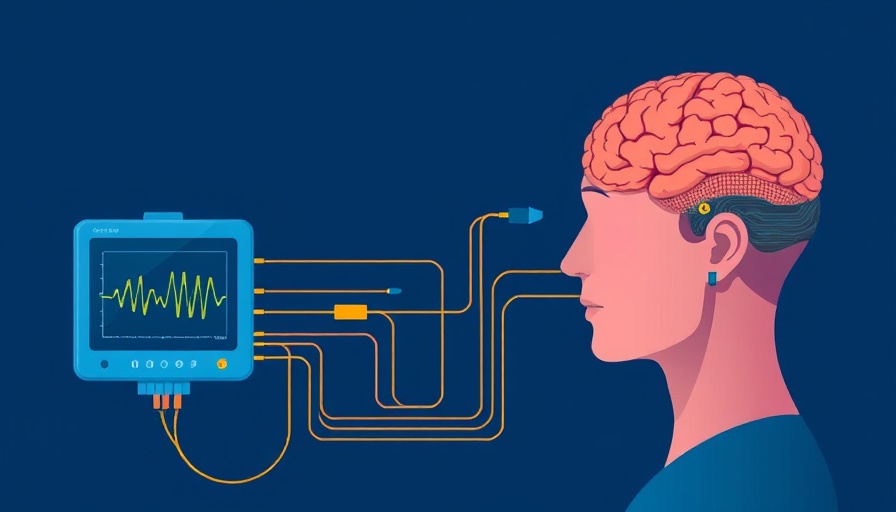
Understanding the Importance of Mental Health Investment
Mental health is a pressing issue that deeply affects individuals and societies in Latin America and the Caribbean (LAC). Especially in the wake of the COVID-19 pandemic, the rise of mental health challenges has been alarming. Notably, mental health disorders and substance use issues contribute significantly to the rising rates of mortality and disability in the region. A staggering statistic reveals that over ten adolescents lose their lives to suicide each day, reflecting the urgent need for attention and action.
Economic Implications of Neglected Mental Health
The economic impact of mental health issues in LAC is profound, costing the region over USD 30 billion annually in lost productivity and healthcare expenses alone. This emphasizes the notion that investing in mental health is not just a social responsibility but also an economic imperative. The World Health Organization estimates that depression and anxiety result in about USD 1 trillion in productivity losses globally each year. With such high stakes, the call for increased mental health funding and resources cannot be overlooked.
Current Funding Disparities for Mental Health
Despite the evident need for increased focus on mental health, public spending in this sector remains abysmally low. Only 2% of total health budgets across LAC countries are dedicated to mental health services. This underinvestment is a major barrier to implementing effective interventions and support systems. There is a growing consensus that strategic investment decisions are critical for reversing this trend and better supporting mental health among populations.
Innovative Solutions Gaining Ground
Fortunately, several innovative practices are emerging in LAC, setting benchmarks for mental health intervention. The DIADA project in Colombia stands as a remarkable case study where digital tools are employed to identify individuals at risk for depression and substance abuse. General practitioners trained in the program have successfully increased diagnosis rates significantly, proving that technological support can enhance mental health care accessibility and effectiveness. At a minimal cost of approximately USD 2 per treated individual, the results underscore the potential for scalable solutions.
Integrating Mental Health into Primary Care Models
Similarly, Chile’s integration of mental health services into primary healthcare through the Universal Access with Explicit Guarantees (AUGE) program serves as another valuable model. By promoting early identification and intervention, this approach not only improves mental health outcomes but also reduces stigma associated with mental illnesses. Such initiatives highlight how proactive strategies can reshape healthcare infrastructure to better address mental health needs.
Empowering Communities Through Mental Health Awareness
As communities increasingly aware of the significance of mental health arise, the focus on early intervention and accessible services grows stronger. The importance of mental health education in schools and workplaces is another avenue worth exploring, as it can significantly alter the perception of mental health struggles and encourage a culture of openness and support.
For the youth in LAC, understanding and addressing mental health is crucial. The stories of individuals overcoming mental health challenges can inspire hope and action, enabling future generations to prioritize their mental well-being.
In conclusion, recognizing mental health as an economic and social priority is essential for the development of Latin America and the Caribbean. The lessons learned from innovative practices demonstrate that dedicated investment can lead to significant improvements in mental health outcomes, ultimately fostering healthier and more productive communities.
 Add Row
Add Row  Add
Add 




 Add Row
Add Row  Add
Add 


Write A Comment